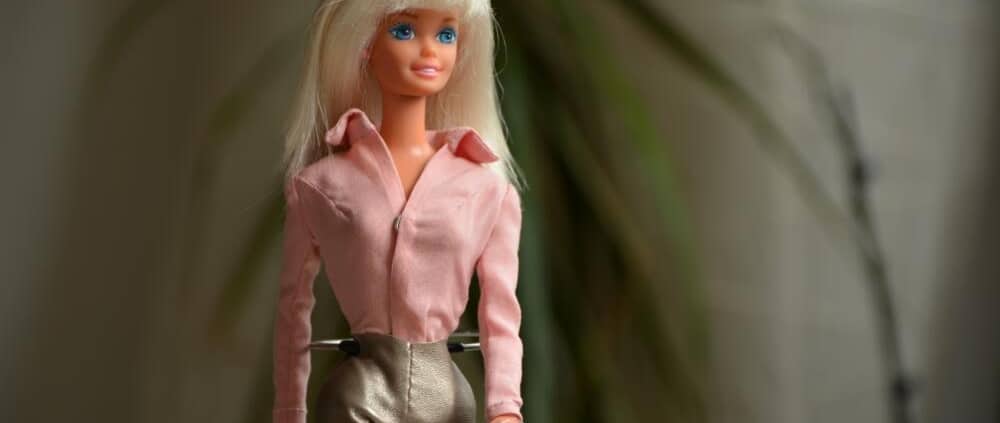What’s the deal with the Barbie movie? The Legal Lessons of Blockbuster Hit
In the late 1950s, a new doll was sweeping the nation – Barbie. Trademarked in 1959 by Mattel, the rights to the name “Barbie” extend far beyond dolls. Clothing, car accessories, and other lifestyle items also fall under their intellectual property plan.
The new Barbie movie, directed by Greta Gerwig and starring Margot Robbie and Ryan Gosling as Barbie and Ken, was released across the globe on July 21, 2023. With its $145 million set budget and $150 million marketing budget, it certainly exceeded expectations. The movie had the biggest box office debut of the year and is history’s biggest female solo-directed film.
The World Intellectual Property Organization states the brand has licensing deals with over 100 companies as part of the movie’s marketing plan. However, despite its success, this seemingly innocent movie about the world’s most well-known doll sheds light on the evolution of trademark protection, owner’s exclusive rights, and public expression.
Territorial Misrepresentations
You may have heard about Barbie’s legal challenge involving the “nine-dash line,” representing China and Taiwan’s claims of territory in the South China Sea. This illustration is seen on a cartoon-like map shown in the movie’s first half. Vietnam and the Philippines claim this misrepresents how the territories are actually split.
Forbes reports that the leader of the cinema department of the Ministry of Culture, Sports, and Tourism in Vietnam, Vi Kien Thanh, says, “Vietnam’s National Film Evaluation Council has decided the film would not be granted a license over its inclusion of the ‘illegal image.’”
Warner Bros. defends the map, describing it as a “whimsical, child-like crayon drawing” and stating that it represents “Barbie’s make-believe journey from Barbie Land to the real world.” While representatives say it was never meant to cause controversy, they aren’t making any moves to accommodate the alteration requests.
Music Matters
As a multibillion-dollar industry, Hollywood seems untouchable and far removed from the lives of middle-class working people – so do large toy companies like Mattel, Barbie’s manufacturers. Plus, how does this all fit into intellectual property law?
Two decades ago, “Barbie Girl” was released by Aqua. Not surprisingly, this led to a lawsuit between the Danish band and Mattel over using the popular doll’s name in the lyrics. Since the song was considered a parody, it was protected by the First Amendment.
During the credits, the 2023 movie features a remix of this song, titled “Barbie World (With Aqua)” by Nicki Minaj and Ice Spice. Instead of leading to a lawsuit like its predecessor, Mattel embraced the song without hesitation.
Mattel, Inc. vs. MCA Records, Inc. shows that no one is exempt from trademark infringement, even massive corporations. It also raises questions about parody and brand rights.
Intellectual property laws exist for a reason, to protect ideas central to a business’s brand identity and legacy. Like Barbie, many trademarks and copyrighted materials are household names and deserve to be appropriately preserved – just like small business owners’ and entrepreneurs’ ideas do.
At Martin IP Law, our legal experts work with all types of intellectual property (IP), including trademarks, copyrights, trade secrets, and patents. After you check out the new Barbie movie, schedule a consultation with us today to learn if our services fit your IP needs.



